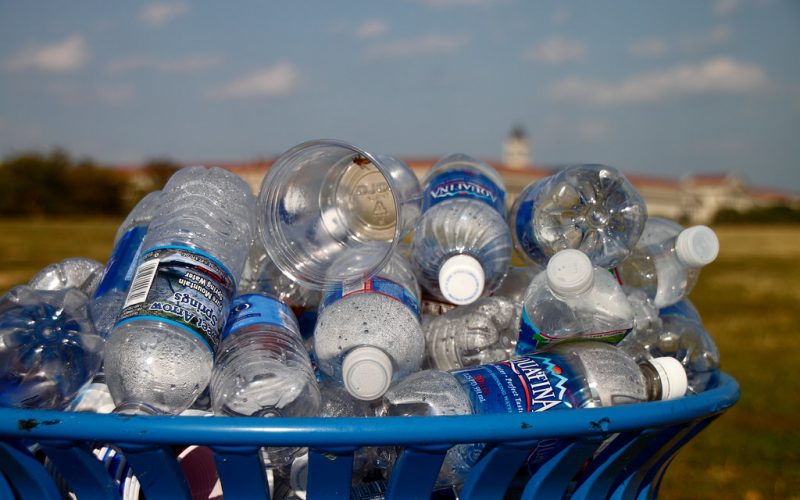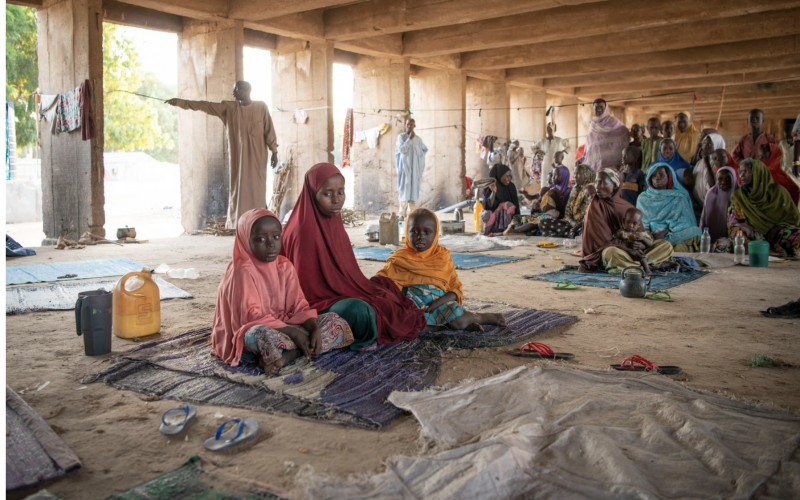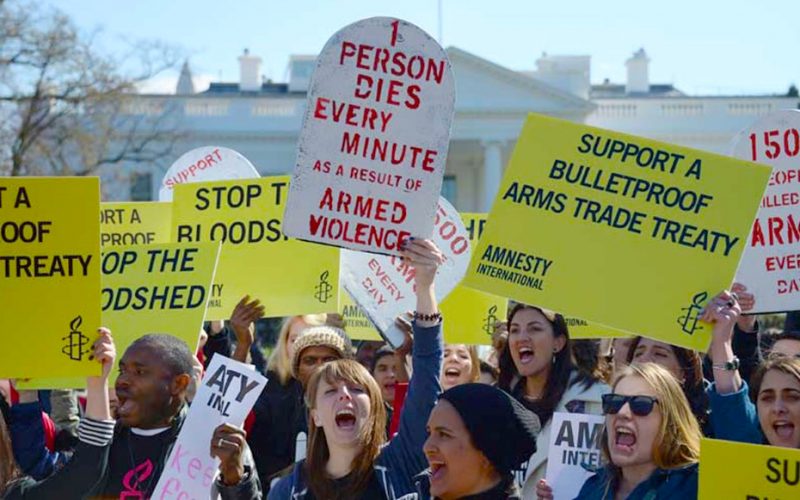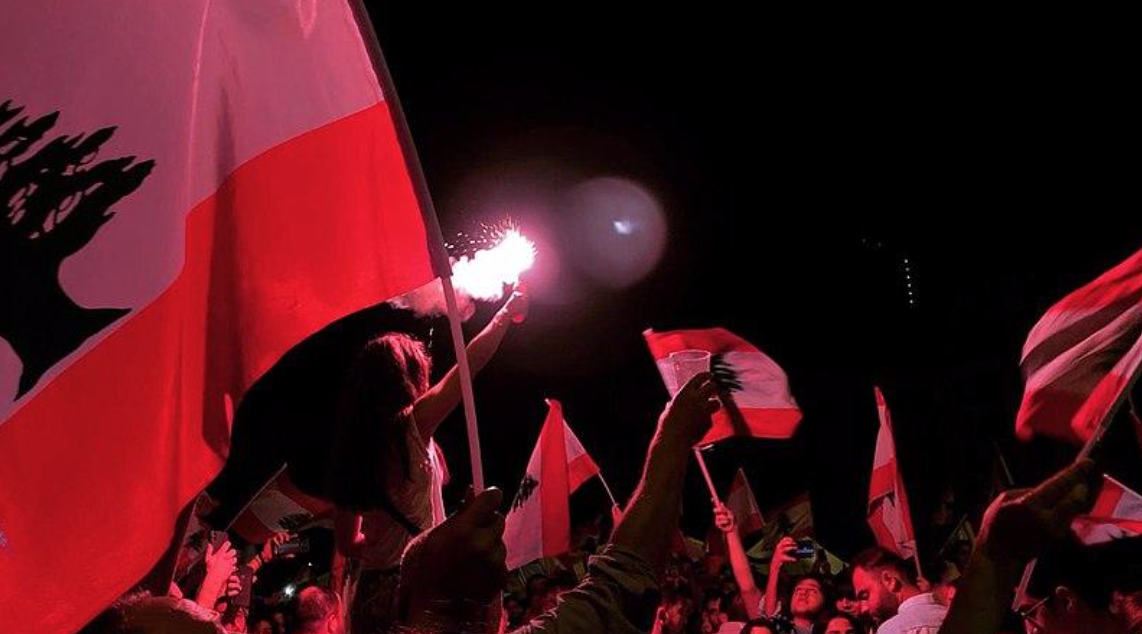Access to clean drinking water is not represented equally across Canada, with those living on Indigenous reservations being disproportionately affected by a lack of quality water infrastructure compared to the […]
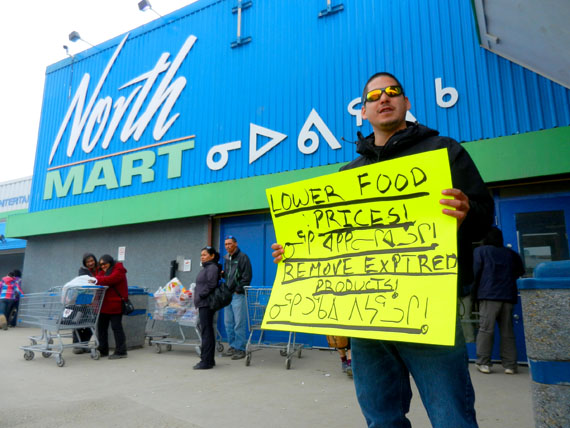
Food insecurity seldom comes to mind when considering Canada, a country recognized for its high standard of living. For those in the provinces, it may be shocking to hear the prices that those living in Northern Canada have to pay for such basic necessities. Yet food prices are so exorbitant that Northern Canadians, in particular the Indigenous communities that make up the majority of the population, are unable to sustain their families’ nutritional requirements. Government efforts to combat the issue are continuously insufficient and ineffective, exacerbating the structural inequalities faced by Indigenous populations in Canada.

Kalief Browder was arrested in May 2010 at the age of sixteen; he was accused of stealing a backpack. His bail was set at $3,000—an amount that his mother could not afford. For the next three years, Browder was held in pretrial detention on Rikers Island, a New York City prison notorious for a culture of violence propagated by its guards. While there, he endured two years of solitary confinement which led him to attempt suicide several times. Browder refused multiple plea deals, adamant that he had not committed a crime. Finally, three years, thirty-one court dates, and multiple plea deals later, Browder’s case was dismissed on May 29th, 2013. He was released the next day.

Last month, the Indian government under Prime Minister Narendra Modi passed the Citizenship Amendment Act (CAA), a new set of laws that would allow minority religious groups from neighbouring Afghanistan, Bangladesh and Pakistan to more easily gain Indian citizenship. While at first glance these policies seem welcoming to targeted minorities, they notably exclude Muslims, raising questions about their true motivations.
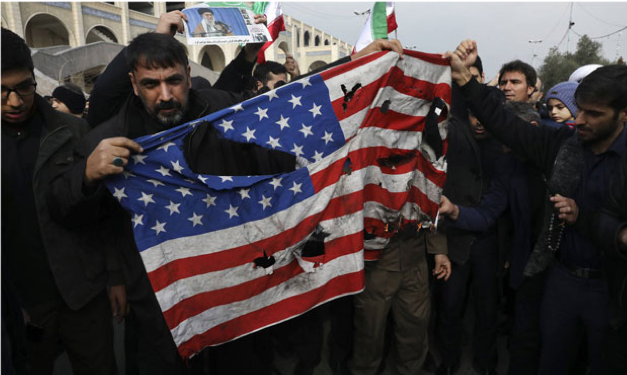
Contemporary international relations between the United States and Iran are a classic case of prioritizing inter-state objectives over human welfare. Amid rising tensions, people have become more focused on the race for superiority between Iran and the United States, rather than the resulting human suffering and violence.

